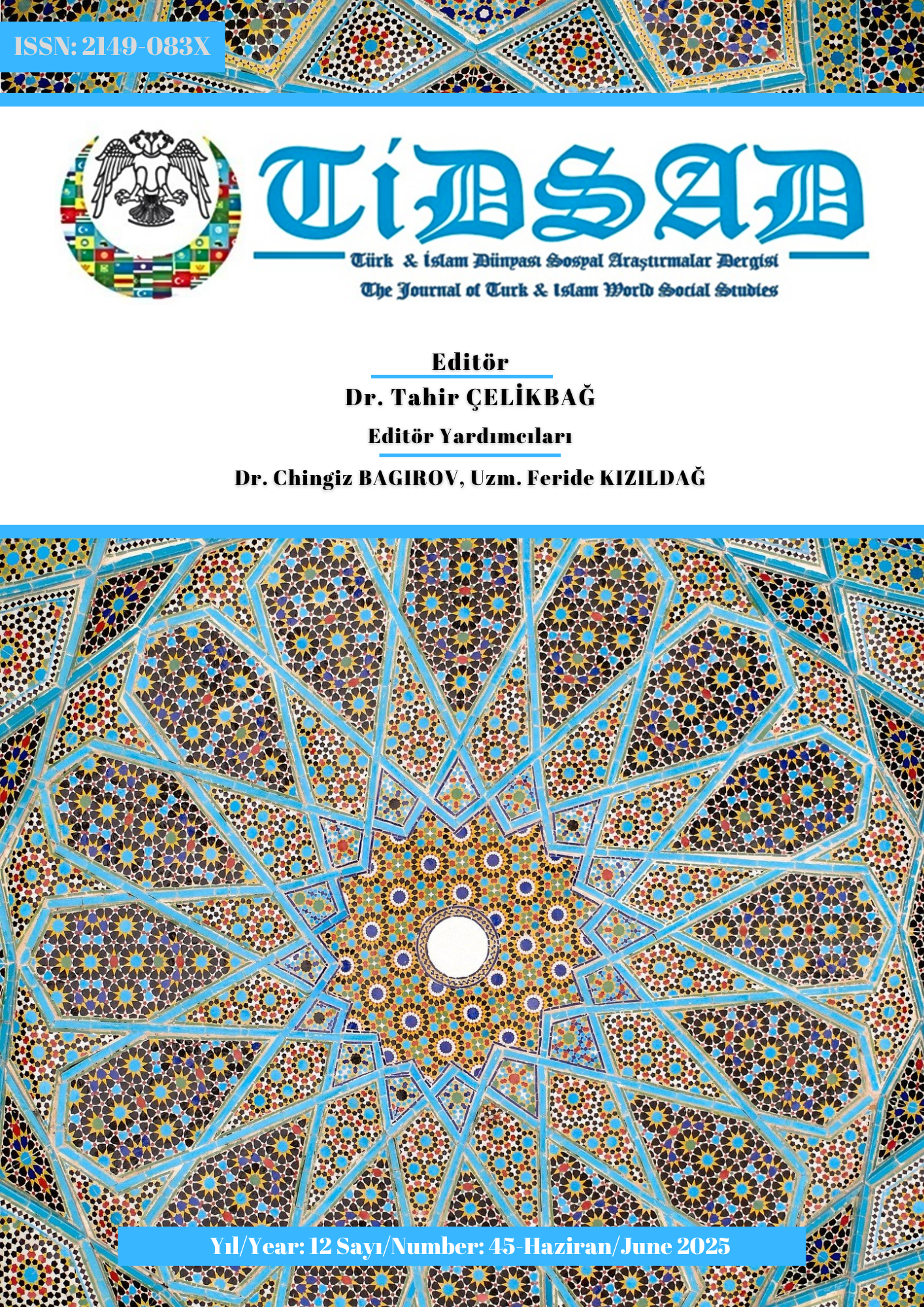Author :
Abstract
Polisiye roman; dönemin ilgi alanlarına odaklanan, bireyci ve modernist bir bakış açısı olan, kurgusunda hemen her konuya yer veren, dizi yönü de bulunan bir türdür. Diğer edebi türlerle kıyaslandığında kısa bir geçmişi olan tür; yazarın hayal gücüne bağlı olarak suç ve suçlunun bazen gerçek, bazen gerçek olmayan mekân, kişi ve olaylarla bir kurgu içerisinde ritmin, canlılığın ve gerilimin bir araya getirilmesiyle oluşturulan metinlerden oluşur. Polisiye roman, romana konu olan bir ana olay etrafında tüm karakterlerin kendilerini bulduğu, ortaya çıkan suçun ne olduğunu, suçlunun kim olduğunu ve onları buna iten koşulların ortaya çıkarıldığı gizemli bir olayın kesin nedenlerinin rasyonel yollarla, belirli bir yöntem içerisinde ve aşamalı olarak keşfedilmesine adanmış anlatıdır. Avrupa'da 18. yüzyıldaki sanayileşme ile birlikte ortaya çıkan büyük şehirlerdeki günlük yaşamın ekonomik, politik, sosyal ve kültürel düzeyde başkalaşmasının etkisiyle, polisiye roman daha canlı, yaygın ve ortaya çıkan moderniteye bağlı olarak zamanın ihtiyaçlarına uygun bir şekilde diğer türlerden farklı bir biçimde ortaya çıkmıştır. Türk kültürel manzarasının dönüşümünün tipik bir örneği olan polisiye roman, Batılı bir tür olmakla birlikte, bilmecenin Türk masalının değişmez bir parçası olması ve Türk tiyatro geleneğinin kurucu bir öğesini oluşturmasıyla ilişkili olduğundan, aslında Türk okurunun edebi duyarlılığına da yabancı değildir. Çalışmamızda; 1990’lı yılların sonlarına kadar yabancı okurlar tarafından, neredeyse, varlığından şüphe edilecek kadar az bilinen Türk polisiye romanının ortaya çıkışından itibaren geçirdiği değişim ve dönüşümler ile Batı polisiye romanının değişim ve dönüşümleri gösterilerek farklılaştıkları ve bütünleştikleri yönler tespit edilecek ve türün toplumsal çerçevesi üzerinde durulacaktır.
Keywords
Abstract
The detective novel is a genre that focuses on the interests of the period, has an individualist and modernist perspective, includes almost every subject in its fiction, and has a series aspect. The genre, which has a short history compared to other literary genres, consists of texts created by combining rhythm, vitality and tension in a fiction with real and sometimes unreal places, people and events depending on the author's imagination. A detective novel is a narrative dedicated to the gradual discovery of the exact causes of a mysterious event in which all the characters find themselves around a main event that is the subject of the novel, revealing what the crime is, who the culprit is and the conditions that push them to do so, rationally, within a certain method and gradually. With the effect of the economic, political, social and cultural metamorphosis of daily life in the big cities that emerged with the industrialisation in Europe in the 18th century, the detective novel emerged in a different form from other genres in a more lively, widespread and in accordance with the needs of the time due to the emerging modernity. As a typical example of the transformation of the Turkish cultural landscape, the detective novel, although a Western genre, is not alien to the literary sensibility of the Turkish reader, as it is related to the riddle being a constant part of the Turkish fairy tale and constituting a founding element of the Turkish theatre tradition. In our study, the changes and transformations of the Turkish detective novel, which was so little known by foreign readers until the late 1990s that its existence was almost doubted, and the changes and transformations of the Western detective novel will be shown and the aspects in which they differ and integrate will be determined and the social framework of the genre will be emphasised.





